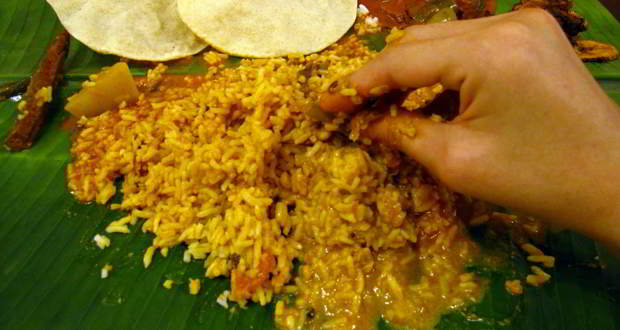
There are certain problems that pester you so much that you finally tend to give up on them. Many skin and hair problems are such. For example, excessive hair fall is one issue that many have given up thinking about. This is basically because no chemicals or combinations of modern treatments have shown to actually work!
That is chiefly the reason why more and more people around the world are now turning to the ancient Indian ayurveda for various health issues. Especially for nagging problems, where conventional medicine with its chemical formulations, often does not give a comprehensive cure, the much safer option of ayurveda is proving to be the ray of hope for many.
For those struggling with the frustrating problem of hair fall, ayurveda has a wholesome approach to the issue.
Undertanding the ayurvedic approach
Ayurveda believes that the bodily constitution of an individual and the genetic traits affect the quality of hair and initiation of hair loss. The most common causes of hair fall, found among women, are nutritional deficiencies and hormonal problems. Sometimes, hair loss can also occur due to a chronic illness or taking strong medications, like steroids.
Ayurveda seeks to cure hair loss in a more holistic manner. The therapy is based on addressing the causes behind hair loss directly. So, metabolic disturbances among various biochemicals, including hormones, which lead to hair loss, are corrected.
Pitta body type and its dietary soothers
According to ayurvedic texts, individuals with the Pitta body type often experience more hair fall. According to this science, these people are of moderate body size, short-tempered, irritable and aggressive. Pitta elements in the circulation are aggravated by wrong dietary and lifestyle choices. Therefore, excessive consumption of hot, sour, salty and spicy foods, along with excessive intake of beverages like tea and coffee, fuel the Pitta. This in turn contributes towards hair loss, according to the principles of ayurveda. A Pitta constitution means a robust digestive system, often leading to overating. This can lead to indigestion and acidity, generating a lot of bodily heat, which needs to be controlled.
Consuming meat and alcohol can also induce hair loss among some people. The intake of greasy, oily and fried foods that are heat-generating, acidic and tend to aggravate the Pitta, should be avoided. Thus, ayurveda healers recommend including cooling foods like asparagus, mint (pudina), coriander (dhaniya) leaves, cucumbers, sweet potatoes, bitter gourd (karela), green leafy vegetables, pineapple, cherries, yogurt and warm milk. Ice cold drinks should be avoided for healthier and better digestion.
Cleaning, massaging of the scalp
Hair should not be cleaned with chemical formulations like commercially available shampoos. Ayurveda recommends using natural cleansers like Indian gooseberry (amla) and shikakai for washing hair. This should be supported with regular massaging of the scalp with natural oils like coconut oil and amla oil. Read Also: http://www.texilaconnect.com/health-benefits-of-natural-wonders-amla/
Sometimes, ayurveda health practioners even recommend medicated oils to be mixed with your regular coconut oil. This includes oils like kunthala and neelibhringadi oil. These oils help to strengthen the roots of the hair, preventing further hair loss. Massaging with warm ayurvedic oils helps to boost the blood circulation to the scalp, which stimulates hair growth in dormant hair follicles.
Cleansing the body from within
Ayurveda practioners recommend that bowel movement should be regular to ensure that toxins are not retained within the body. These toxins are responsible for aggravating hair loss. Thus, bowel cleansers are commonly recommended. Among these, triphala is the most recommended of all ayurvedic herbs. In case you suffer from chronic constipation, it should be discussed in detail with the health professional.
Some easy solutions
Apart from those that experts suggest, there are some more easy and safe solutions that ayurveda recommends for those suffering from hair fall:
- Apply a paste of coriander leaves to alleviate itchiness and dryness of the scalp.
- Use a paste of fenugreek (methi) seeds and cooked, green gram on the scalp two times a week.
- Soak methi seeds in coconut oil, and keep in a glass container, in sunlight. Allow the concoction to gain potency over a period of five days. Then apply it directly to the scalp.
- For stimulating hair growth, drink a combination of spinach, carrot and lettuce juice.
- Exercise regularly for balancing the bodily constitution.
Source: yahoo life style



